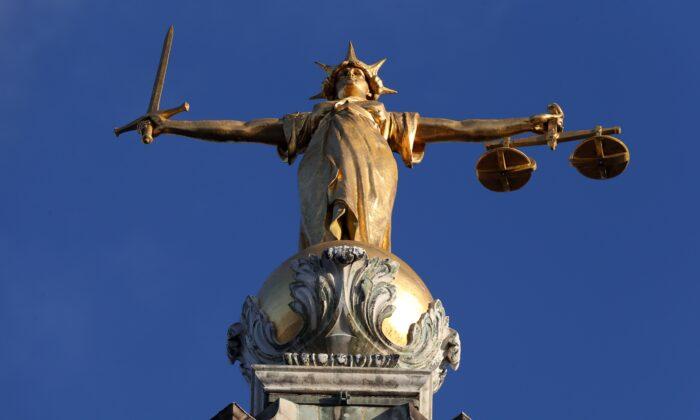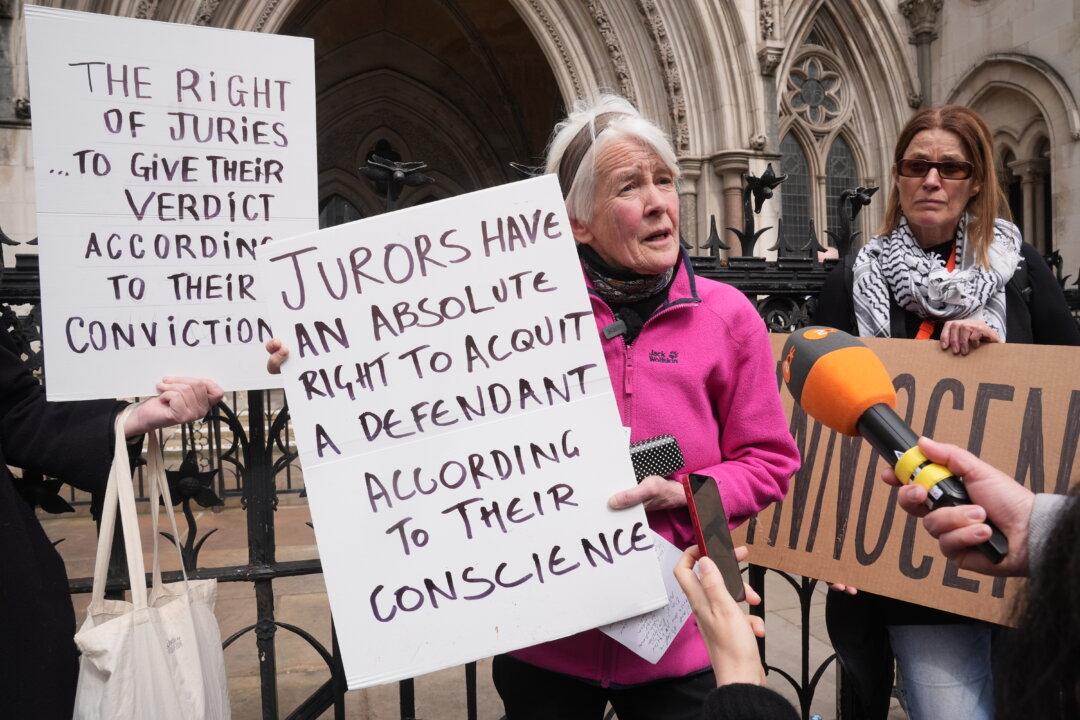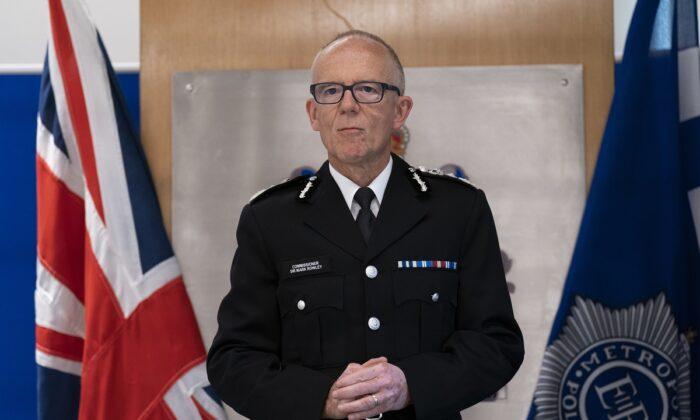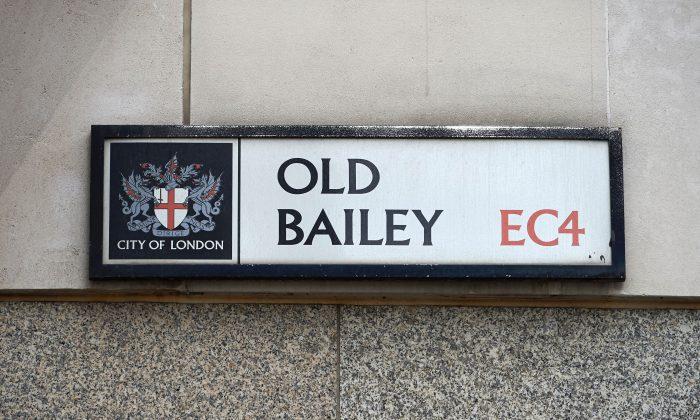The rollout of technology that allows witnesses and rape complainants to have their evidence pre-recorded, rather than giving it live in court, has been completed in England and Wales.
The Ministry of Justice said the final 20 Crown Courts in London, Essex, Buckinghamshire, and Cambridgeshire had adopted the technology, marking the end of a national rollout.
Since the technology was first introduced in August 2020 more than 3,000 witnesses have given evidence and been cross examined.
The measure can only be used where there is a successful application to a judge. The Ministry of Justice says it has been designed to make sure defendants have fair trials and their lawyers are able to cross examine witnesses in order to expose any flaws in their testimonies.
The Justice Secretary, Brandon Lewis, said: “We’re overhauling the entire response to rape—boosting support for victims so that more cases come to court and more rapists are put behind bars.”
“Today we have delivered on our pledge to roll out pre-recorded evidence to every Crown Court in England and Wales, sparing victims of this awful crime the additional trauma of testifying under the full glare of a courtroom,” he added.
The government says the measure may now be extended to youth courts.
Baird, whose term ends on Friday, wrote in the letter: “This downgrading of victims’ interests in the government’s priorities, along with the side-lining of the Victims’ Commissioner’s office and the curious recruitment process make clear to me that there is nothing to be gained for victims by my staying in post beyond the current extension.”






Friends Read Free